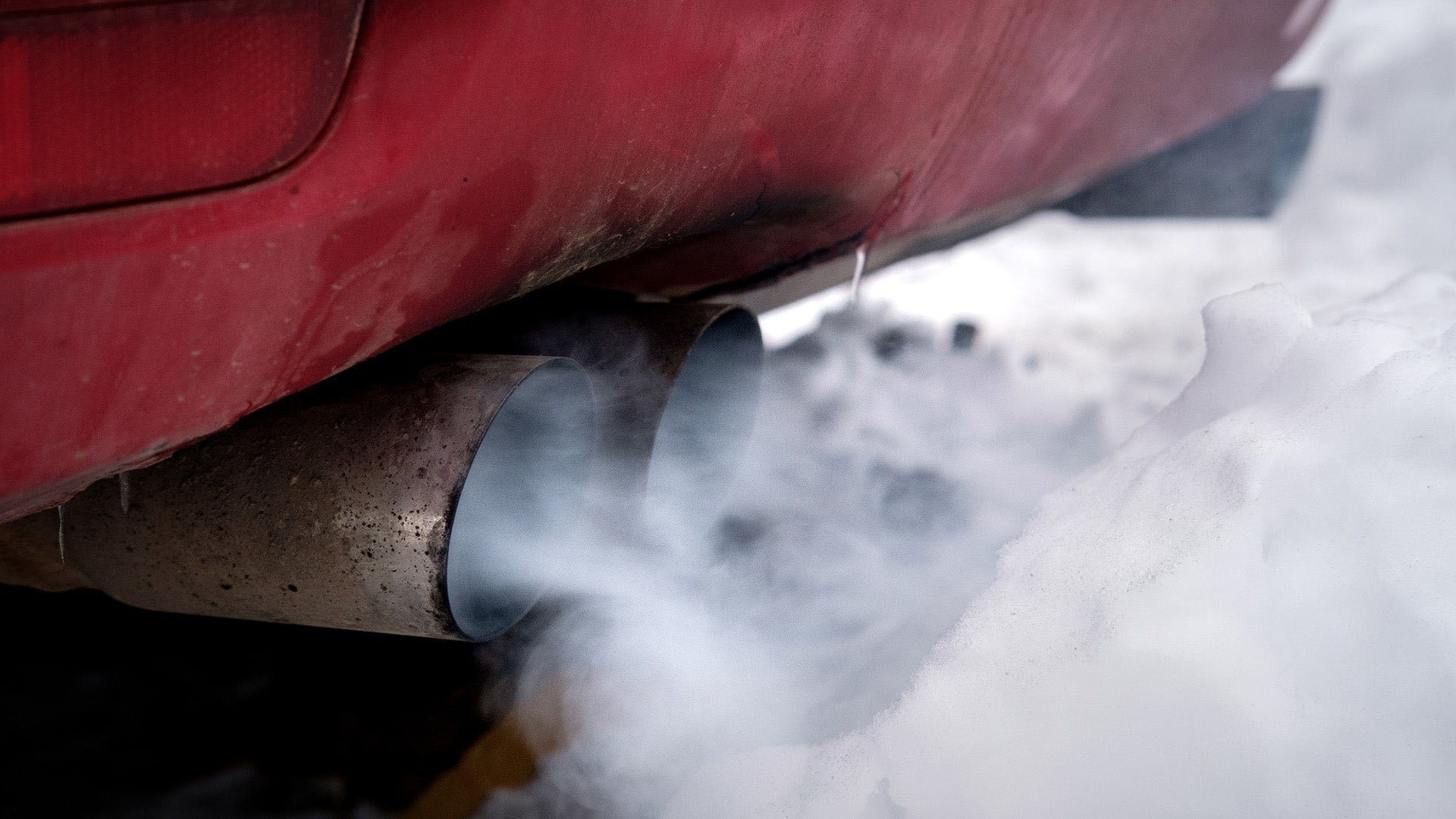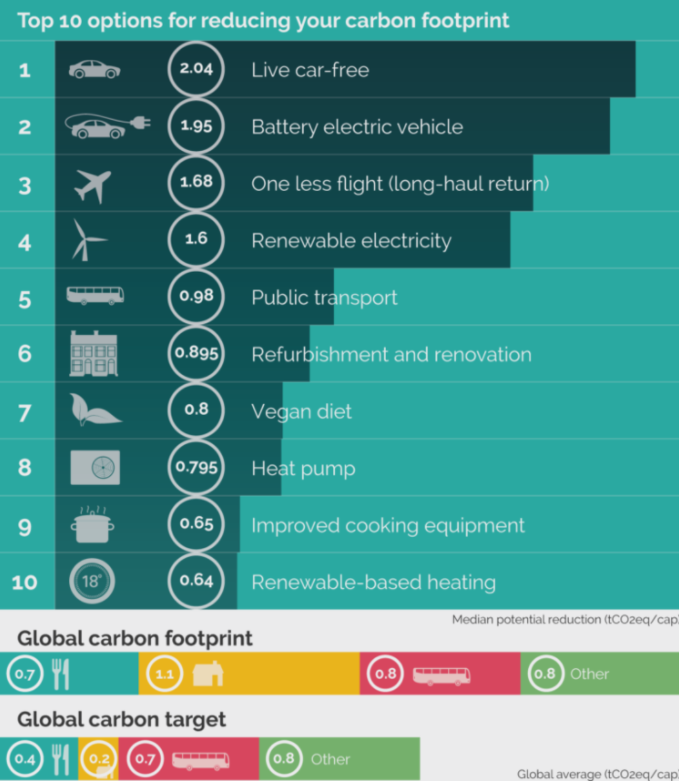
2030 ICE Ban: Good Intentions Lack Legislative Bite
The link between vehicles and the Climate Crisis is clear, and has been evident for around 40 years at the time of writing – as such, electrifying transport and removing fossil fuel-powered vehicles from the road is an essential action if we are to avert the worst outcomes.
A key part of this has been the much-touted plan to ban the sale of new petrol and diesel vehicles by 2030, which was unveiled in 2019 as part of the Government’s Climate Action Plan.
While the proposed ban offers great promise for getting more fossil fuel-powered vehicles off the road – and pushes manufacturers to step up and phase out their non-EV models – the truth is that this promise is a lot less substantial than you may realise.
A Notable Absence
The 2030 internal combustion engine (ICE) ban was a notable absence from the 2021 Climate Action Plan, which only speaks in very vague language about what the Irish government ‘will do’, and lacks meaningful commitments to meaningful actions.
Remember that this is the same Irish Government that was taken to court by Climate Case Ireland due to a systematic failure to take adequate action on the Climate Crisis. The Irish Government lost that case, with all seven Supreme Court Judges unanimously siding with Climate Case Ireland.
Following the judgement, Chief Justice Frank Clarke stated that the government’s plan “lacked the specificity to comply with the law.”
The lack of this proposed legislation prompted us to further investigate the issue, and to seek clarity from the Department of Transport about what exactly the ICE ban might look like in practice. We at IrishEVs have been as irresponsible in reporting about this ban as a done deal as much as the rest of the Irish media.
The response from the Department of Transport is honest, but troubling.
There Is No Ban
Transport accounts for more than 20% of Ireland’s annual CO2e emissions - more than residential, manufacturing and commercial emissions combined. Credit: CSO
In short, as of the time of publication, there is no ban on ICEs from 2030.
It has been absent from both the 2020 and 2021 Climate Action Plans, and despite former Environment Minister Richard Bruton touting both the proposal to ban ICEs from 2030, and a draft law to implement legislation, his bluster in the press does not match the reality that we find ourselves in.
Once again this is another example of broken promises from the Irish Government to the people of Ireland when it comes to climate action – as they had announced their intention to implement the law by the beginning of December 2020.
A year later and this is yet to happen.
Responding to an enquiry from IrishEVs, the Department of Transport stated: “The Programme for Government commits to legislation to ban registration of new fossil-fuelled cars and light vehicles from 2030 onwards, and to phase out diesel and petrol cars from Irish cities from 2030.”
This is a troubling clarification, as the 2019 announcement which followed the declaration of a Climate Emergency by the government did not include a caveat about only banning fossil fuel vehicles from cities.
“From 2030” is not the same as by 2030.
Making the switch from an ICE to an EV - or living car free - is one of the biggest ways to cut your carbon footprint. With Irish cars producing more than 6 million tonnes of CO2 per year, imagine the impact an ICE ban could have on our collective emissions. Credit: CREDS, University of Leeds
EU Regulation
The biggest sticking point seems to be that the implementation of a nationwide ban is not currently applicable under EU law.
A spokesperson for the Department of Transport clarified the situation to IrishEVs:
“The successful phase out of fossil fuel vehicles in Ireland will be reliant on an EU-wide regulatory approach. The European Commission (EC) have indicated that a complete ban of the marketing, import or registration of new ICE vehicles in a Member State is not currently compatible with EU law.”
“The conditions under which motor vehicles can be placed on the market in the EU have been harmonised through the EU’s internal market competence under Article 114 TFEU; in principle any vehicle meeting the requirements of the Type Approval Framework under Directive 2007/46/EC2 should be permitted to be sold anywhere in the EU.”
This is a considerable stumbling block, and there has once again been a considerable lack of transparency from the Irish Government about the negotiations on this front.
In January 2021, Aoife Moore reported in the Irish Examiner that EC had not yet received a formal notification of a measure banning the sale of new petrol and diesel cars by 2030. No notable update has publicly been issued by either the EC or the Irish Government since.
On this note the Department of Transport confirmed that “Ireland was a signatory on a non-paper to the EC requesting a phase-out date for the sale of new petrol and diesel cars, and vans, in line with the EU objective of climate neutrality by 2050, as well as the introduction of a legal framework that allows Member States to move ahead by taking action at a national level to incentivise early phase-out of new petrol and diesel cars and vans.”
However, it is important to note that such non-papers are unofficial diplomatic notes listing a country’s position on matters, but carry no legal weight themselves.
A copy of the Non-Paper – Transition to zero-emissions light-duty vehicles can be found here.
Legal Precedence
Like all laws, those relating to climate action are only upheld until they are challenged and replaced with updated or amended laws.
The last few years have seen numerous legal challenges – particularly those led by climate activists and citizens – break new legal ground to hold polluters accountable, and ensure that national Governments act in the best interests of their citizen’s health and the planet’s well-being.
We have even seen the proposal of international ecocide laws which would hold accountable any nation or corporation which commits “unlawful or wanton acts with the knowledge that there is a substantial likelihood of sever and widespread or long-term damage to the environment being caused by those acts.”
A map showing the nations which have committed to ICE bans, and the dates by which they plan to implement these phase-outs. Credit: International Council on Clean Transport
Such legislation would be crucial for climate justice worldwide, and would become only the fifth offence – alongside crimes against humanity, war crimes, genocide and the crime of aggression – to be prosecuted by the International Criminal Court, if adopted.
We don’t even have to look too far back in recent history to see an example of effective pan-European legislation in the same mould. Back in January 2000, the EU outlawed the sale of leaded petrol in order to urgently cut harmful vehicle emissions which worsened the Climate Crisis and public health.
Given the severity of the Climate Crisis that we already face – and with full knowledge that a continued pursuit of climate neutrality will still lead to millions more details and the displacement of billions more – we would argue that it is an urgent matter that the EU’s laws on this matter are tested, and overcome.
Moreover, this also reinforces why Ireland should not adopt the CETA trade agreement, which would leave Irish law vulnerable to the whims of corporations.
The continued use of leaf blowers and other fossil fuel-powered garden tools presents a tangible danger to public health and the climate.
All ICEs?
Another crucial question that we put to both the Department of Transport and the Department of the Environment, Climate and Communications was whether the proposed ban would extend to all fossil fuel-powered machines.
Specifically, whether outdoor and garden tools would also be included in the proposed ban – as has been done elsewhere, notably in California where they will outlaw the sale of fossil fuel-powered lawn mowers, leaf blowers and chainsaws by 2024.
In fact, a ban on leaf blowers was petitioned to the European Parliament as far back as 2015.
A spokesperson from DECC stated: “With specific regard to power tools, garden tools and other equipment/machines that are not road vehicles, the requirements regarding their energy performance will be addressed via other means – such as standards, eco-design regulations for energy efficient products and energy labelling.”
Of course, lawn mowers and leaf blowers are not road vehicles – that much did not need clarifying – but with the latter creating the equivalent air pollutants of a car driving 1,600km in just one hour, and nearly 300 times more air pollutants than a pick-up truck, reducing the use of fossil fuel-powered tools is just as important as vehicles.
Time For Action, Not Words
We have heard a lot of promises from the Irish Government over recent years about their dedication to climate action, and we have also seen multiple deadlines fly past without meaningful action or progress.
Old adages about governments being slow to turn like a container ship may still ring true, but years of empty promises, lies and inaction have left us with precious little time to adapt – and it is essential that we see action.
Otherwise, we must recognise that this Government is not fit for purpose in the face of the Climate Crisis, and that its declaration of a Climate Emergency was little more than an empty PR stunt to win favour.
Little has changed since 2019, we are still not treating this crisis like a crisis – and promises to act by 2030 overlook the fact that 5 million people are dying of the Climate Crisis every year already. If our government were a doctor, they would be consigning the patient to a thirty year wait after a life-threatening diagnosis.
The 2030 ICE ban is not only essential, but must be implemented as a matter of urgency, and Ireland must lead the way on this as it did with the smoking ban and the plastic bag tax. We are a small nation, but we have led the way before, and we should be setting the agenda on this issue – including extending the ban to the sale of hybrids and SUVs, as well as fossil-fuel powered garden tools.
What To Read Next
Climate Action Plan 2021: A Failure To Secure Our Future
This article highlights the alarming lack of clarity and commitment contained within this plan, and the troubling issues raised in the section focused on electrifying transport
Why Ireland Must Ban Hybrids & SUVs Alongside ICEs In 2030
If Ireland is to tackle the emissions from its road transport sector, it must get serious about banning hybrids and SUVs - while incentivising second-hand EVs







